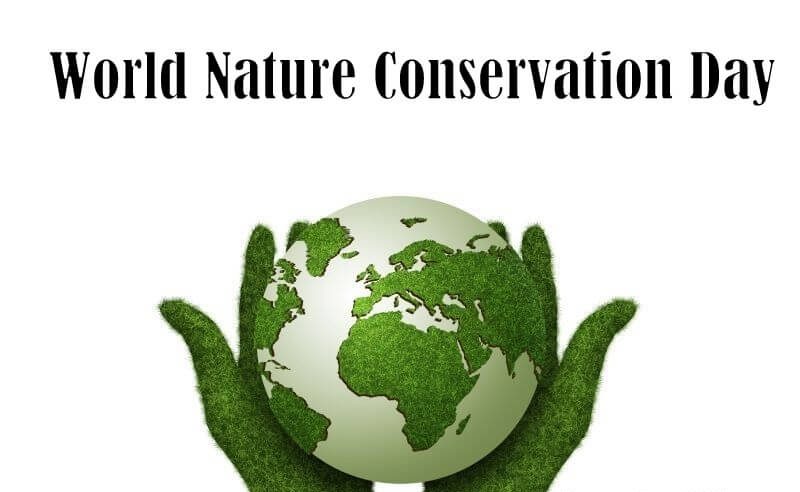
At an alarming rate, global warming is posing a significant threat to the environment. Studies reveal every year how far-reaching the impacts of people’s careless behaviour are. On World Nature Conservation Day, individuals make commitments to safeguard the environment and combat global warming.
World Nature Conservation Day is celebrated on 28th of July every year with an aim to spread awareness about nature and natural resources. There are several problems that nature is now dealing with, including deforestation, urbanisation, the extinction of flora and animals, and global warming. It has always been the goal of this day to educate people about the value of nature. As Gandhi famously stated, “The world has enough for everyone’s needs, but not for everyone’s greed.” There are lots of resources on the planet, but none of them are infinite, as many people assume.
Also, the day acknowledges the importance of a healthy environment as a basis for a stable and successful society. For present and future generations, this day secures their well-being.
Earth has given us everything we need to survive, including food, water, air, soil, minerals, plants, and other living things. As a result, we must maintain a healthy balance in nature. In addition to human activity, industrialization and other causes are to blame for the depletion of natural resources. Every action we take has an impact on the environment since the globe is connected in some way.
The origin and origins of World Nature Conservation Day are unknown, however the primary goal of the celebration on July 28 is for people to join together and promote nature rather than exploit it. Sustainable use of natural resources is essential to conservation efforts. In addition to global warming and numerous illnesses, we are also seeing natural catastrophes and an increase in temperature as a result of an imbalance in the Earth’s natural systems. Therefore, it must be preserved for the coming generation. It is essential to promote awareness about the need of resource conservation, recycling, and preservation, as well as the ramifications of harming those resources.
Swikriti











